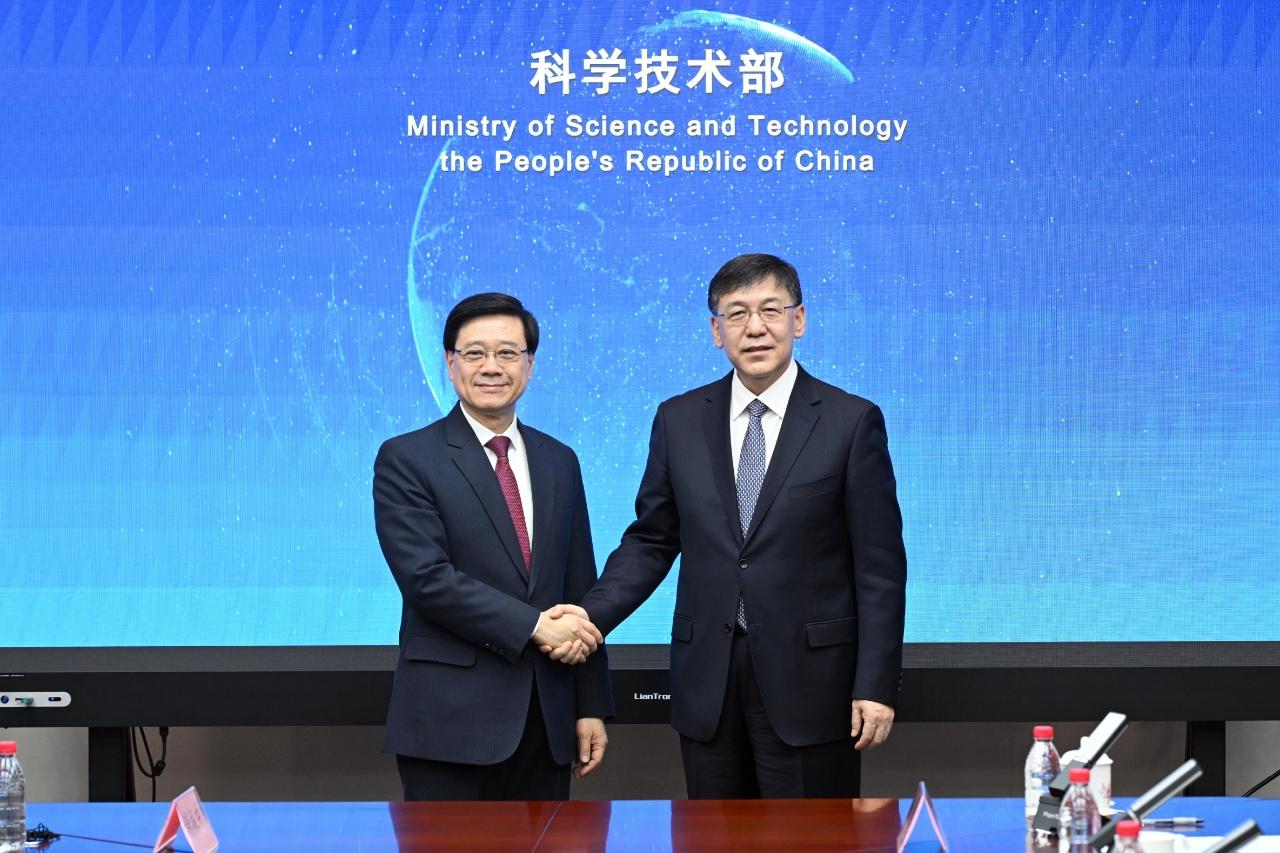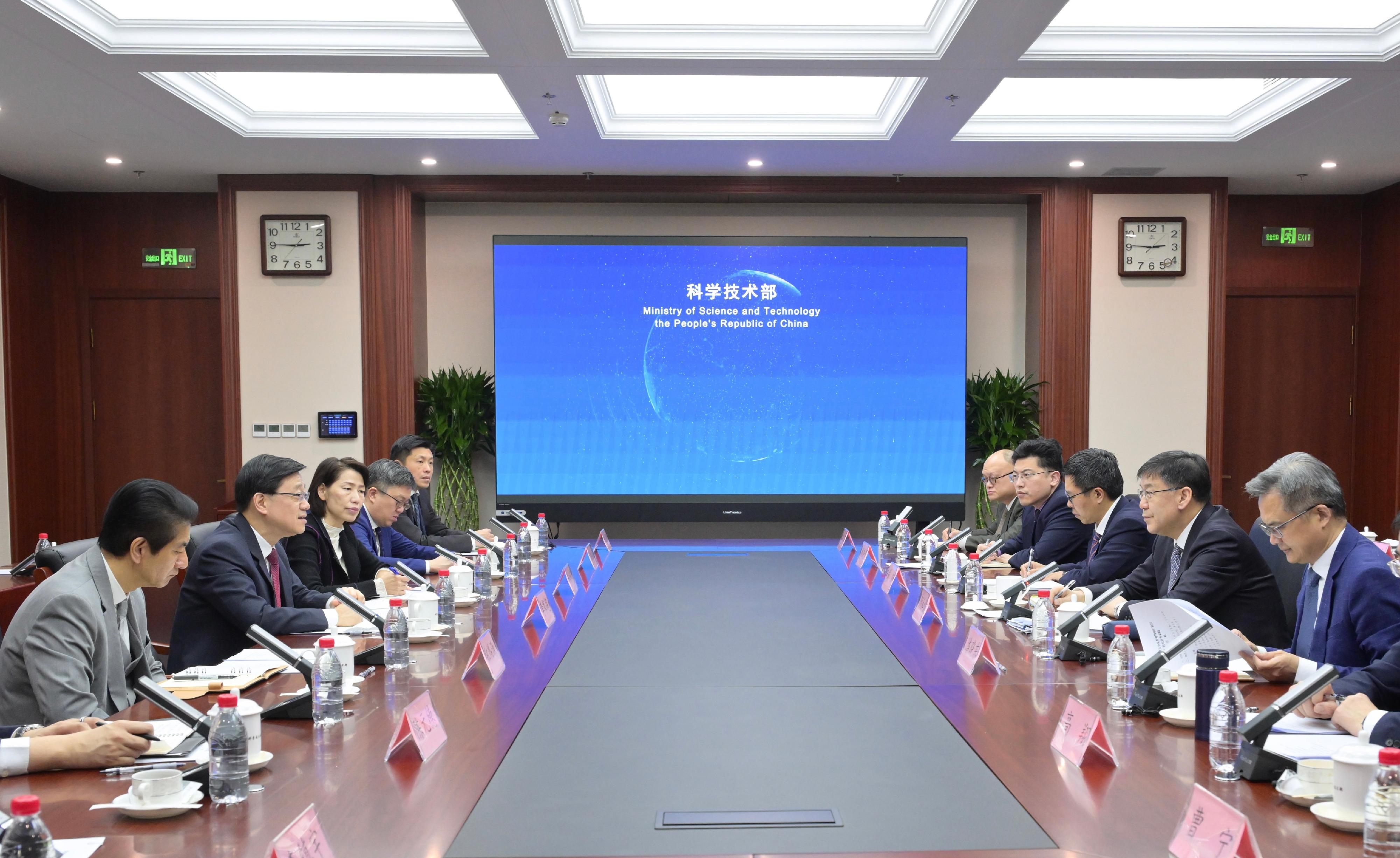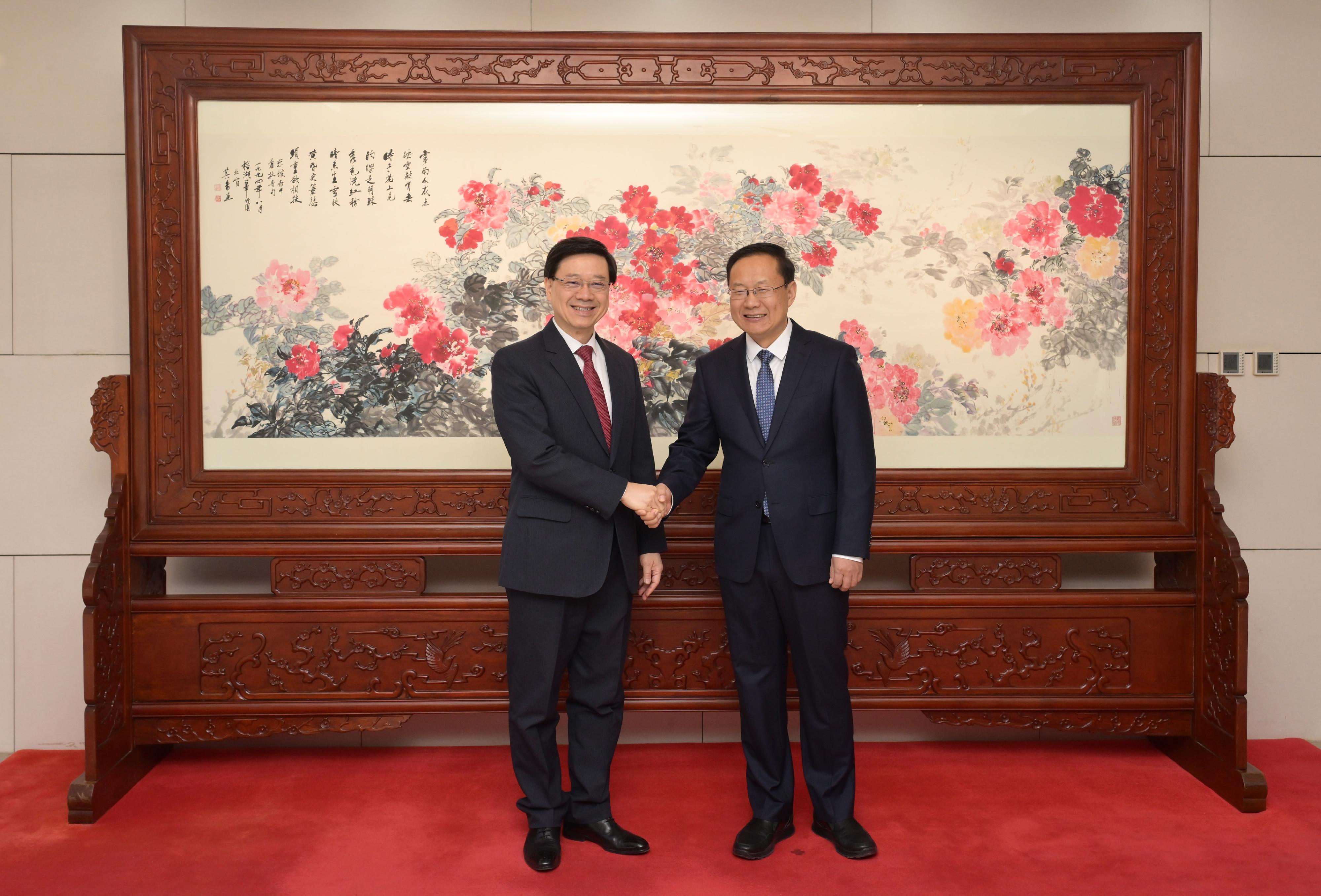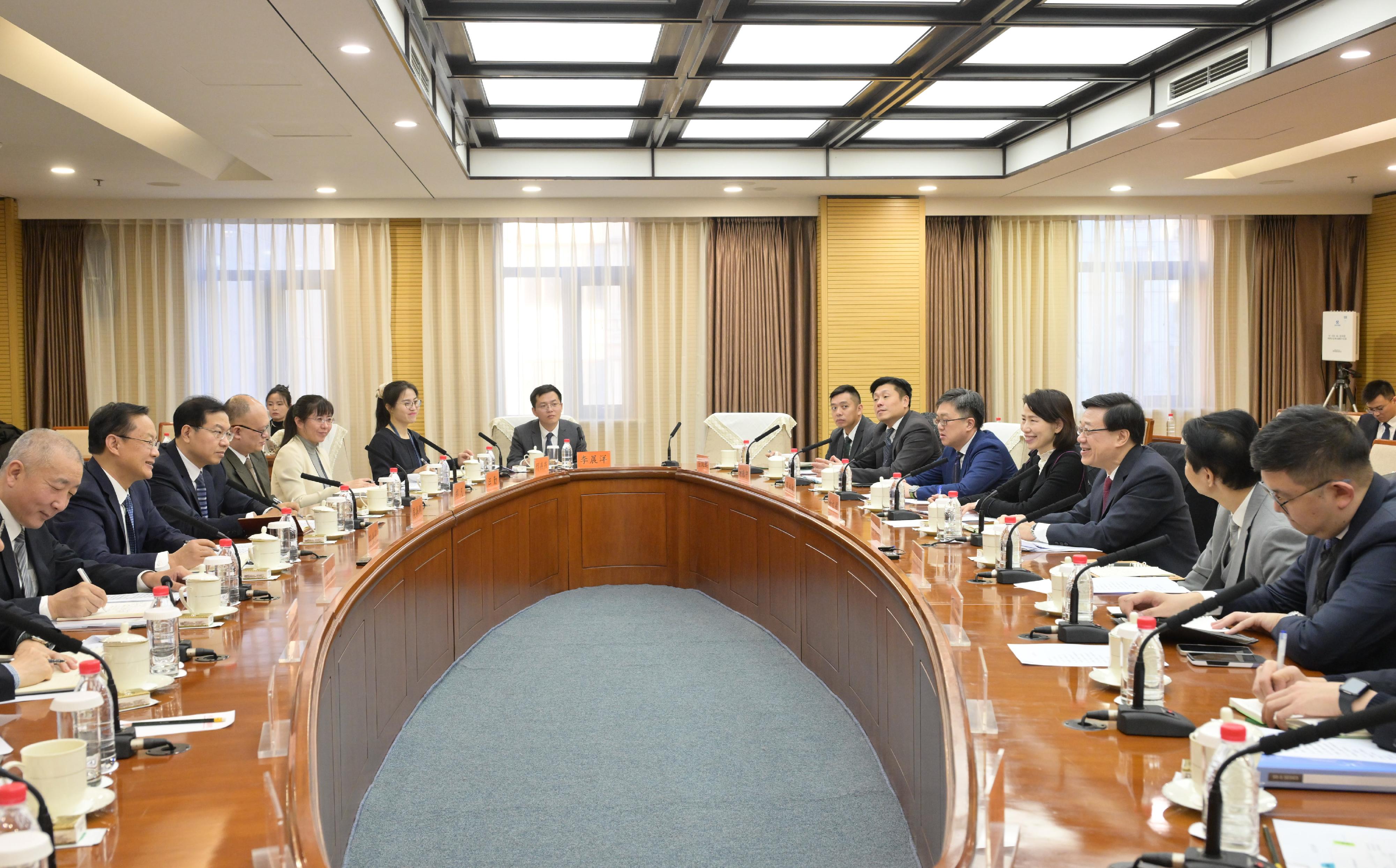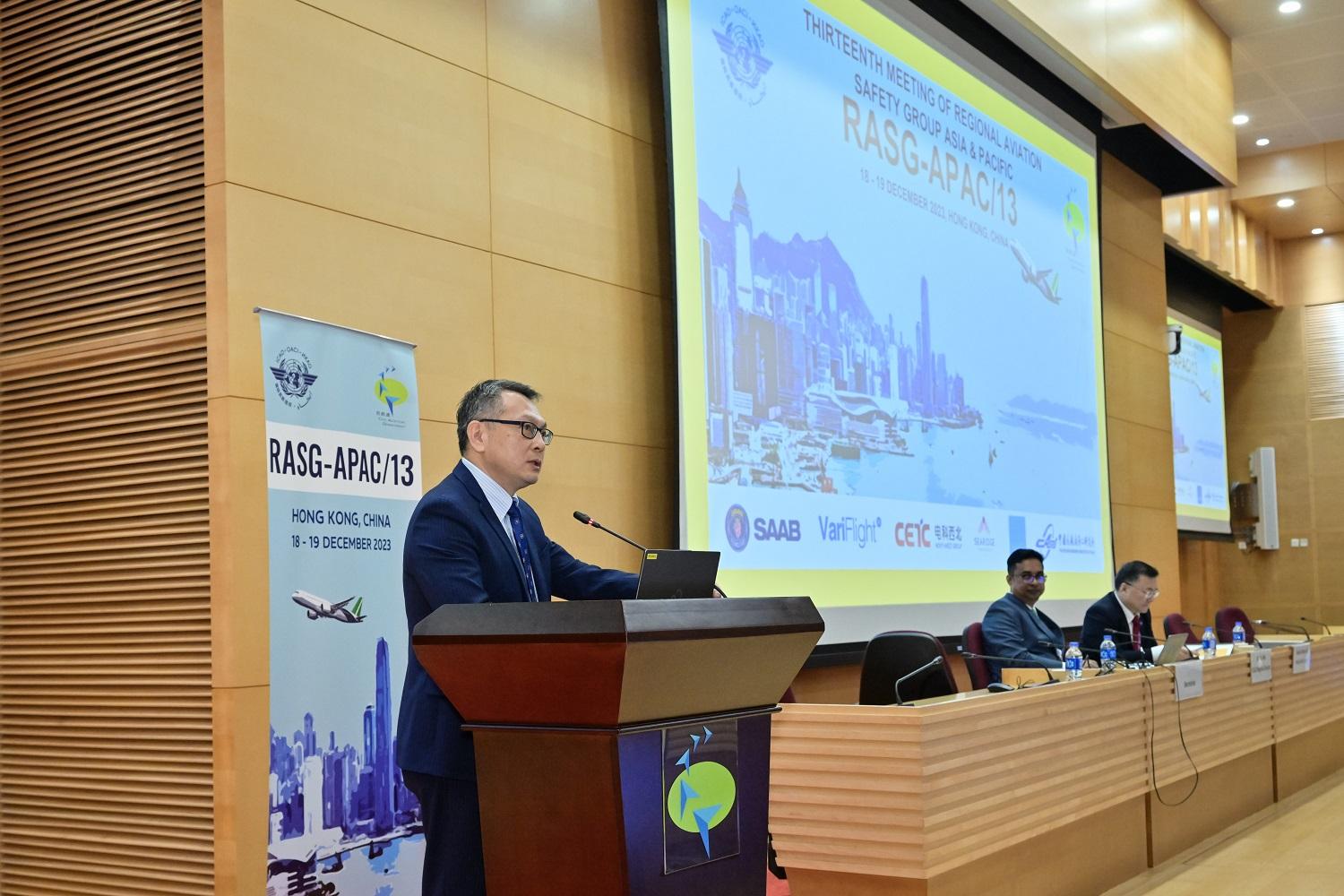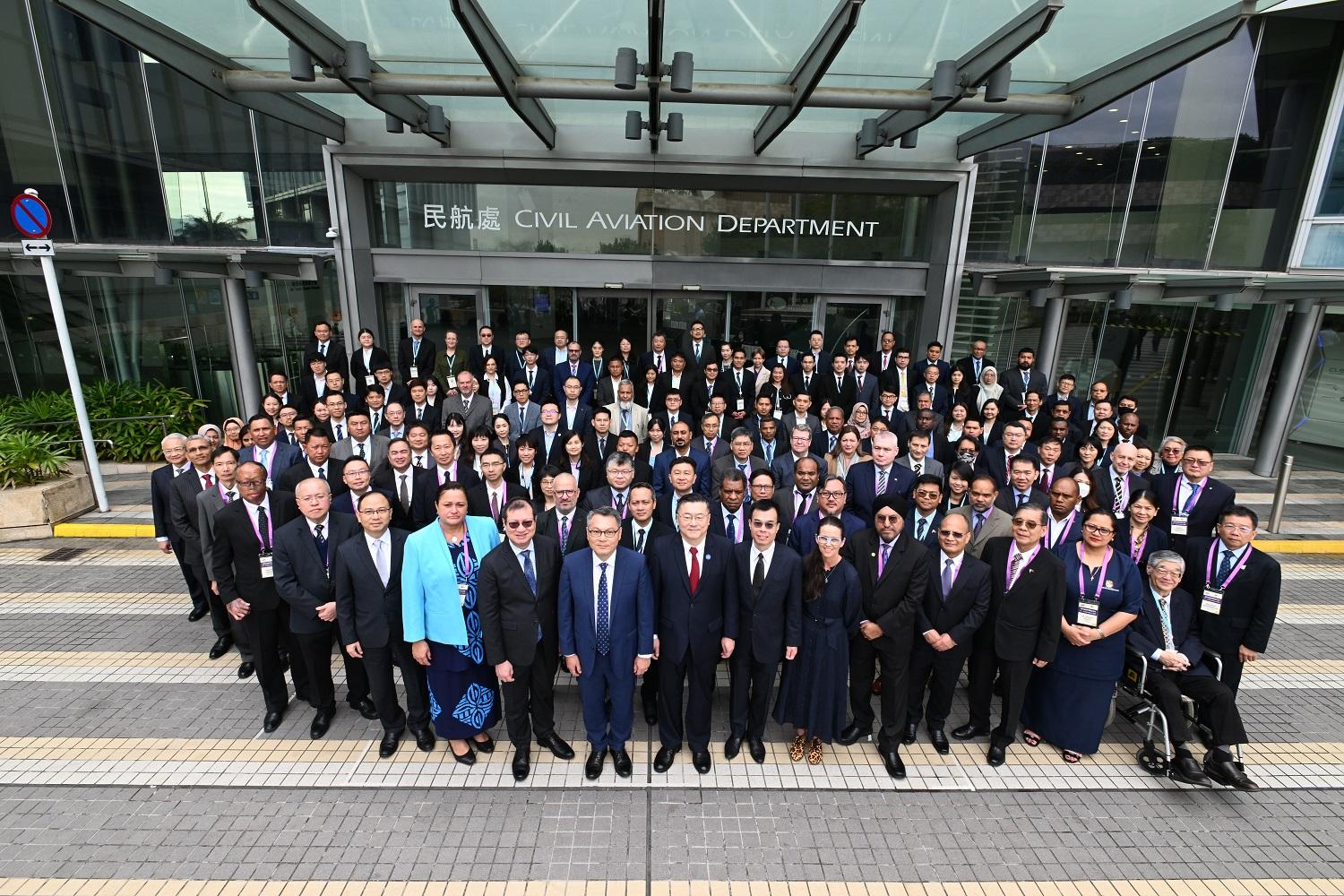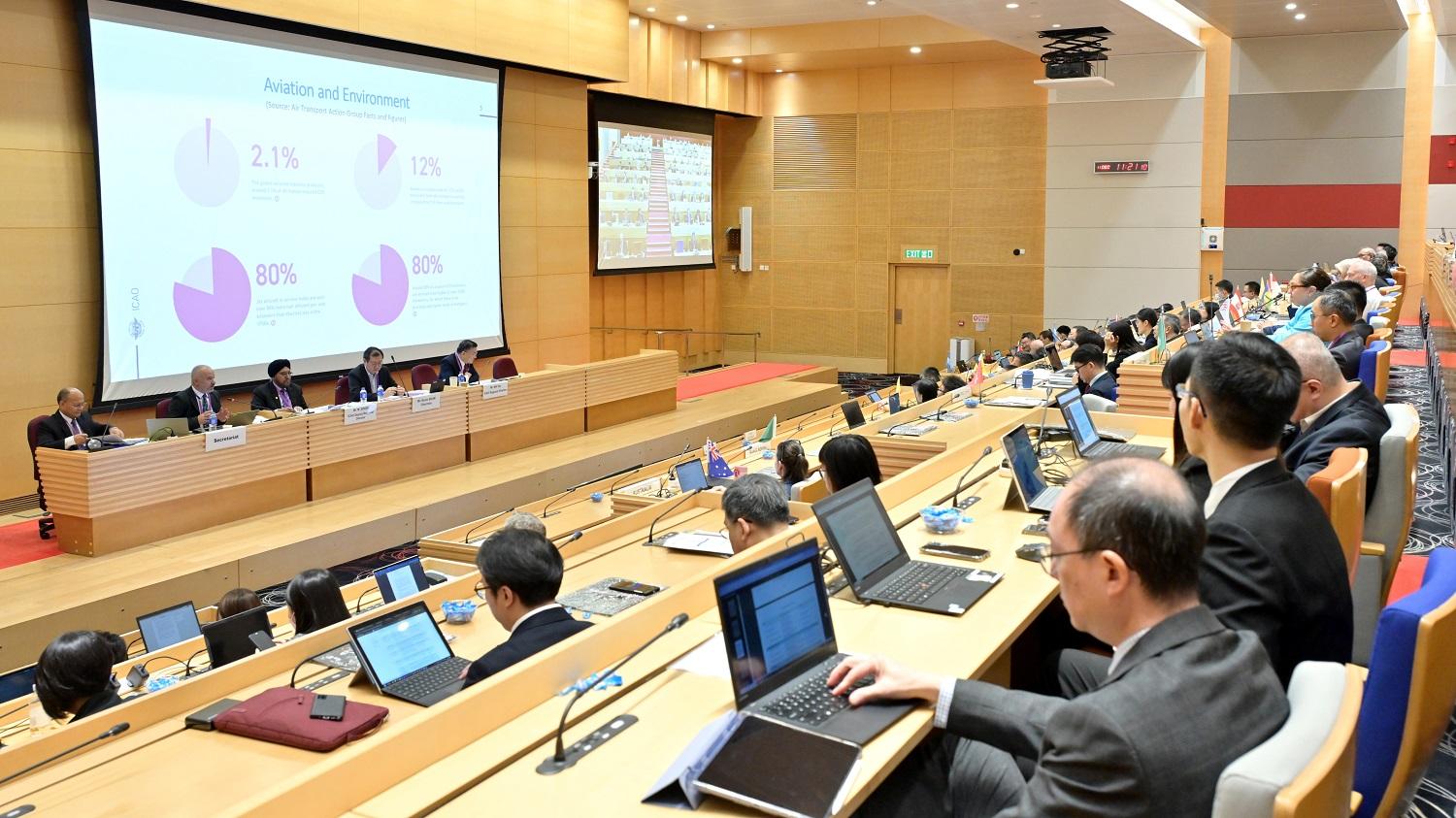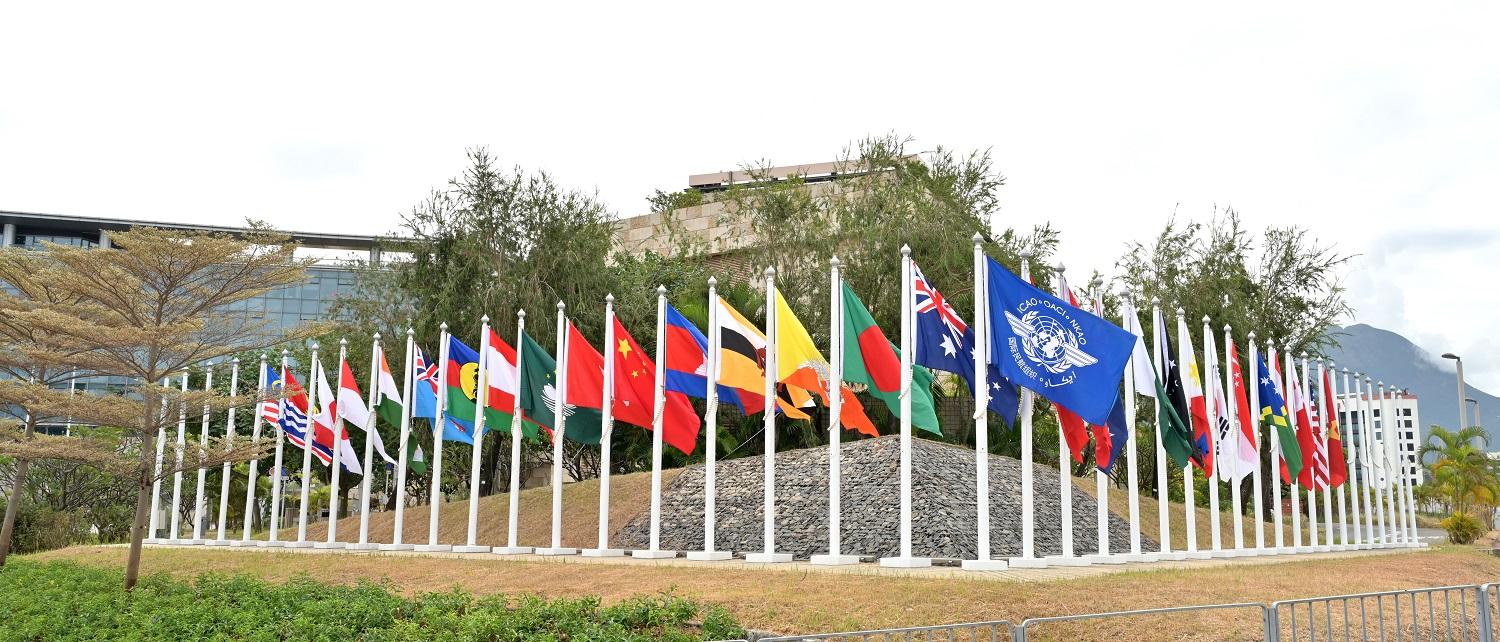Speech by CE at 2023 Hang Lung Mathematics Awards Dinner (English only)(with video)
Following is the video speech by the Chief Executive, Mr John Lee, at the 2023 Hang Lung Mathematics Awards Dinner today (December 19):
Mr Ronnie Chan (Chair of Hang Lung Properties), Professor Guo Yike (Chair of Steering Committee of the Hang Lung Mathematics Awards), Professor Richard Schoen (Chair of Scientific Committee of the Hang Lung Mathematics Awards), distinguished guests, parents, teachers, students, ladies and gentlemen,
Good evening. It is my great pleasure to join you all, virtually, at the 2023 Hang Lung Mathematics Awards Dinner. Tonight, we celebrate the exceptional achievements of our younger generation. Tonight, we also reaffirm our dedication in promoting mathematical education and nurturing talent for Hong Kong.
Throughout the past two decades, the Hang Lung Mathematics Awards have been one of the most influential mathematics competitions for secondary school students in Hong Kong. The Awards contributed significantly to fostering a conducive learning environment for our students, encouraging them to embrace the beauty, and the power, of mathematics and science.
I myself was a keen learner of maths at school. I have always been fascinated by the vitality of maths. It could start with just a simple chain of symbols, and end up unveiling the mystery of nature.
As a medium of scientific inquiry, maths is a logical language for verifying hypotheses, analysing scenarios, proving theories, and understanding the complexities of the universe. In less academic terms, maths holds a tangible connection to the real world, as its footprints can be found everywhere, and its applications pervade all aspects of life.
Mathematical tools are powerful means that help us model the physical world, economies, and even the mechanism of our thinking, by identifying mathematical relations amongst variables. It helps us make reasonable comparisons, and informed predictions to come up with optimal solutions. As a decision-maker in the Government, I can certainly tell you that maths is very important to making our policies for Hong Kong, more important than one might think.
In my Policy Address this year, I stressed on the importance of further strengthening the promotion of STEAM (Science, Technology, Engineering, Arts and Mathematics) education, for which the applications of maths is an integral and indispensable component.
To strengthen students’ capability in the application of maths, we will launch a wide range of support measures in promoting mathematical modelling at schools. We aim to provide our students with more opportunities to utilise the language of maths in analysing real-life problems, identifying innovative yet practical solutions, and most importantly, instil in them the concept of connecting maths to the real world.
But it takes more than the Government, and our schools, to nurture the scientific talent of our young people. For this, I thank the Hang Lung Mathematics Awards for your important contribution. Thanks should also be given to every distinguished scholar and expert, devoted teacher, loving parent, and hardworking student, for the devotion and support in taking forward the projects, all of which signify how intelligence crystalises in the form of mathematics.
To our awardees, I express my warmest congratulations to you on your accomplishments. Speaking to you, I could imagine that if the Awards were set up when I was a student – well, a little more than two decades ago – I would be thrilled to take part, too.
You have all come along the intellectual path to manifest your creativity, perseverance and flexibility of mind, as well as your capacity to appreciate the beauty of nature.
Embrace these values and virtues, as they go beyond the confines of the classroom to guide you in the pursuit of knowledge, and your life as a whole.
As you pursue your academic career, please do remember that success is not solely measured by academic achievements or accolades. True success lies in the impact we make, and the positive changes we bring to the lives of others.
Your talents are not just meant for personal gain, but also for the betterment of humanity and the world. I encourage you to use your knowledge and skills to inspire others, and contribute to invigorating our society through science and education.
Last but not least, I would like to express my gratitude to all committee members of the Awards, Hang Lung Properties, the Hong Kong University of Science and Technology, and all those involved in the organisation of the Awards.
I wish you all a fruitful and joyous evening. Thank you. read more


